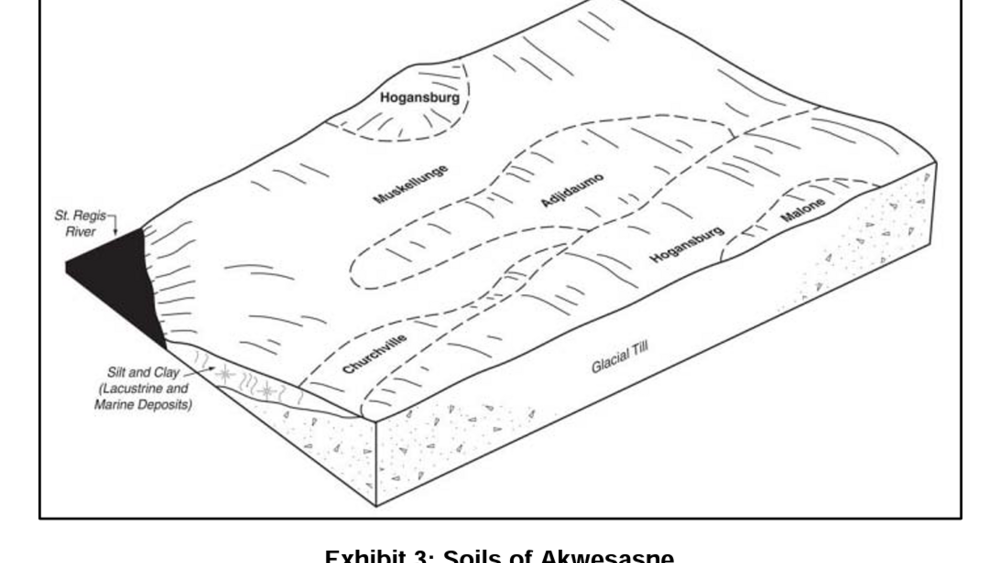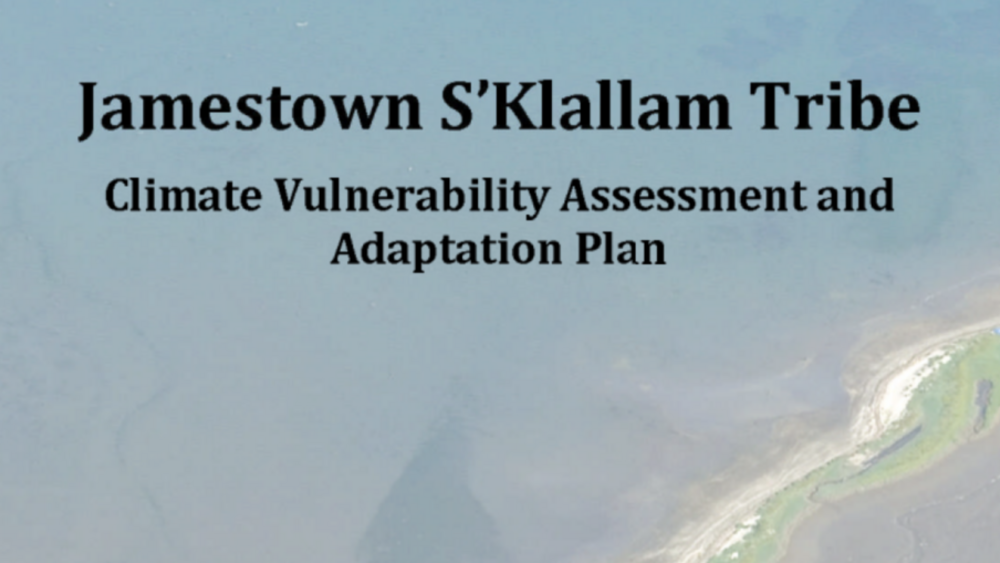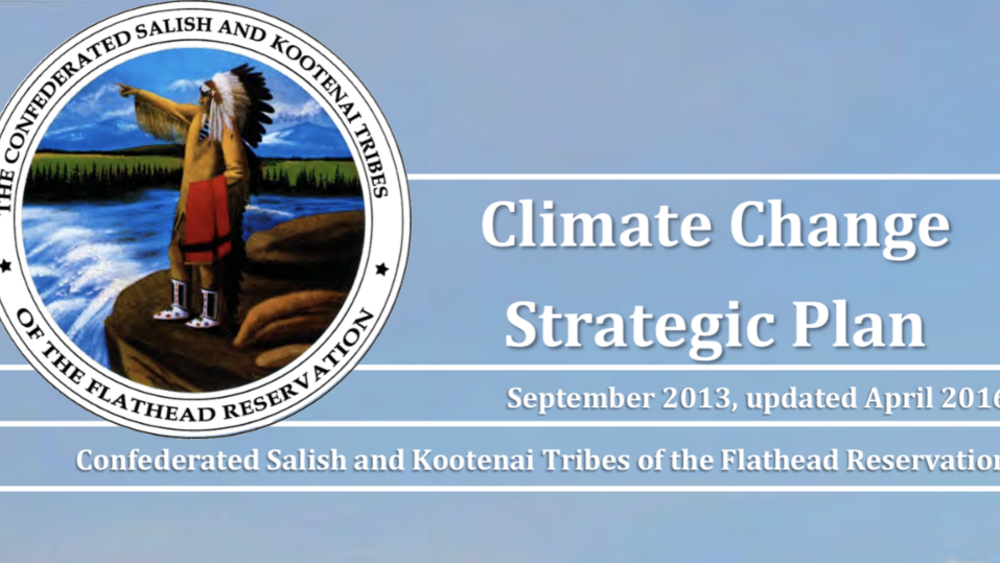Climate change presents substantial risks to the health of Indigenous peoples. Research is needed to inform health policy and practice for managing risks, with community based adaptation (CBA) emerging as one approach to conducting research to support such efforts. Few, if any, studies however, have critically examined the application of CBA in a health or Indigenous peoples context. We examine the strengths, challenges, and opportunities of health-related CBA research in Indigenous community settings, drawing on the experiences of the multi-nation interdisciplinary Indigenous Health Adaptation to Climate Change (IHACC) project. Data collection was guided by a framework developed to evaluate CBA projects. Semi-structured interviews (n = 114) and focus groups (n = 23, 177 participants) were conducted with faculty-based researchers, institutional partners, community members, students, and trainees involved in the IHACC project in Canada, Uganda, and Peru. Results illustrate the importance of CBA in co-generating knowledge on climate-health vulnerability and adaptation options, capacity building, and informing decision choices. There are also significant challenges of conducting CBA which can have unintended negative consequences, with results emphasizing the importance of managing the tension between health research and tangible and immediate benefits; developing a working architecture for collective impact, including team building, identification of common goals, and meaningful engagement of knowledge users; and the need to continuously monitor and evaluate progress. CBA holds significant promise in a health adaptation context, but only in the ‘right’ circumstances, where considerable time is spent developing the work with partners.
Additional Information
Ford, J. D., Sherman, M., Berrang-Ford, L., Llanos, A., Carcamo, C., Harper, S., . . . Edge, V. (2018). Preparing for the health impacts of climate change in Indigenous communities: The role of community-based adaptation. Global Environmental Change, 49, 129-139. doi:10.1016/j.gloenvcha.2018.02.006




